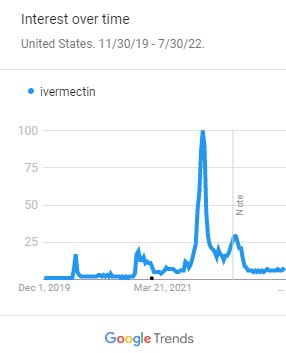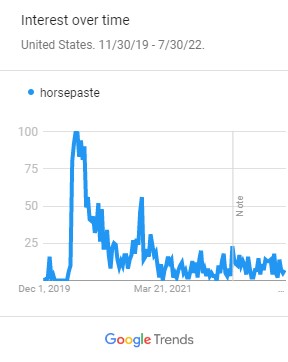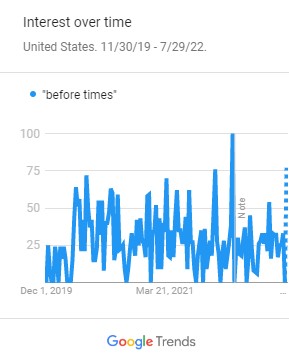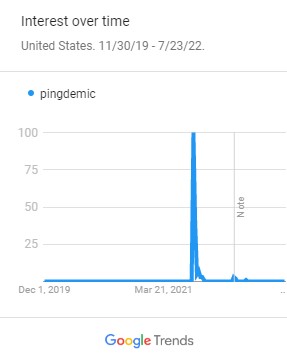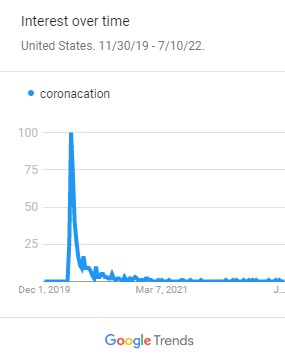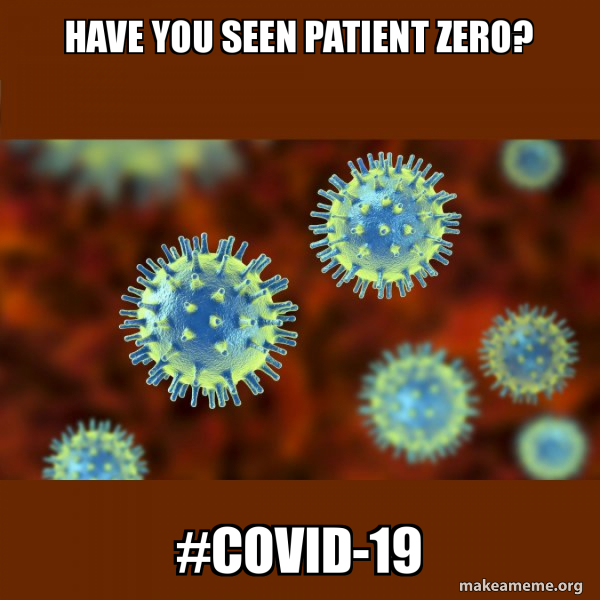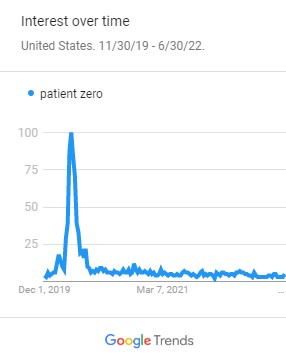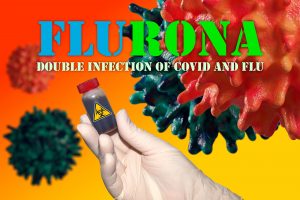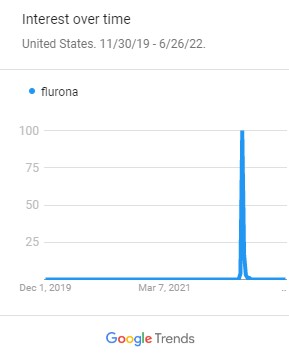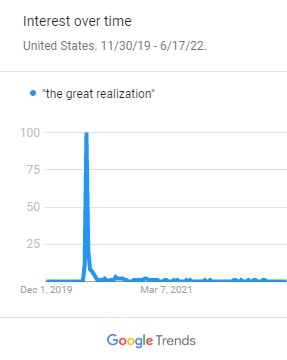Hydroxychloroquine has been used for many decades to treat malaria and autoimmune diseases such as rheumatoid arthritis and lupus. Recently it has been used to treat those infected with Covid-19, though with mixed results. On March 28, 2020 the Food and Drug Administration (FDA) approved hydroxychloroquine for emergency use to treat “adults and adolescents who weigh at least 110 pounds (50 kg) and who are hospitalized with COVID-19, but who are unable to participate in a clinical study” (MedlinePlus). Unfortunately, the FDA cancelled the Emergency Use Authorization on June 15, 2020 as clinical studies showed that use of this medication was not effective for the treatment of coronavirus and some patients suffered adverse side effects such as an irregular heartbeat.
On 19th May 2020 CNN published an article stating that POTUS #45 was taking hydroxychloroquine on a daily basis to help prevent the onset of Covid-19 possibly because “the President’s physician, Navy Cmdr. Sean Conley, alluded in a memo released Monday night to Trump’s personal valet testing positive two weeks ago for coronavirus. While Conley didn’t say directly that Trump started taking hydroxychloroquine in response to the valet testing positive, the timing mentioned by Trump and the positive test match up” (Nikki Carvajal and Kevin Liptak).
The video below is an interview with President Trump advocating for the use of hydroxychloroquine and informing viewers that he’s been taking the anti-malarial drug, describing the medication as a “game changer” in the fight against Covid-19 (ABC News).
Social Media Trends as of August 4, 2022
Facebook #hydroxychloroquine: 58,000 people are posting about this
TikTok #hydroxychloroquine: 24.7 million views
YouTube #hydroxychloroquine: 21,000 videos and 1,400 channels
Google Trends: hydroxychloroquine appeared during the week of March 15, 2020 and peaked during the last week of July 2020 as more people searched online to see if this antimalarial drug could cure Covid-19.

Sources:
ABC News channel. “Trump says he’s taking hydroxychloroquine.” YouTube. May 18, 2020. URL: https://www.youtube.com/watch?v=1I9Bb8Fbui0.
Hydroxychloroquine. MedlinePlus. URL: https://medlineplus.gov/druginfo/meds/a601240.html.
Nikki Carvajal and Kevin Liptak. “Trump says he is taking hydroxychloroquine though health experts question its effectiveness.” CNN.com. May 19, 2020. URL: https://www.cnn.com/2020/05/18/politics/donald-trump-hydroxychloroquine-coronavirus/index.html.


